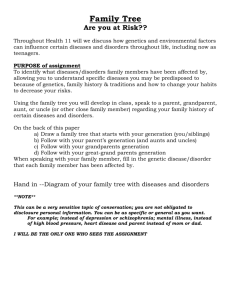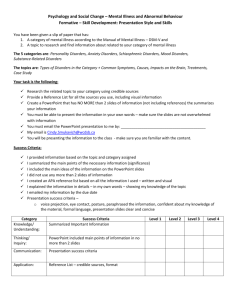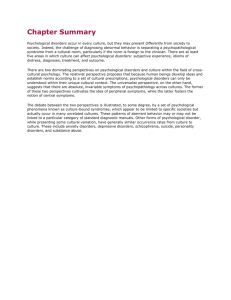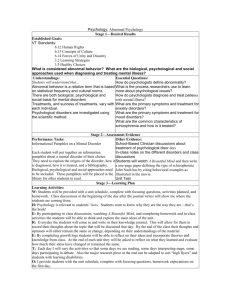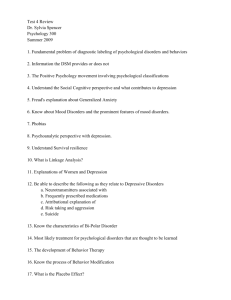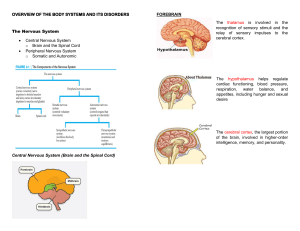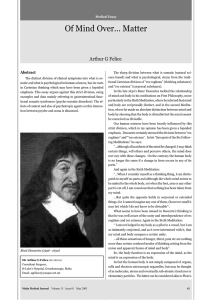Psych Disorders Intro
advertisement
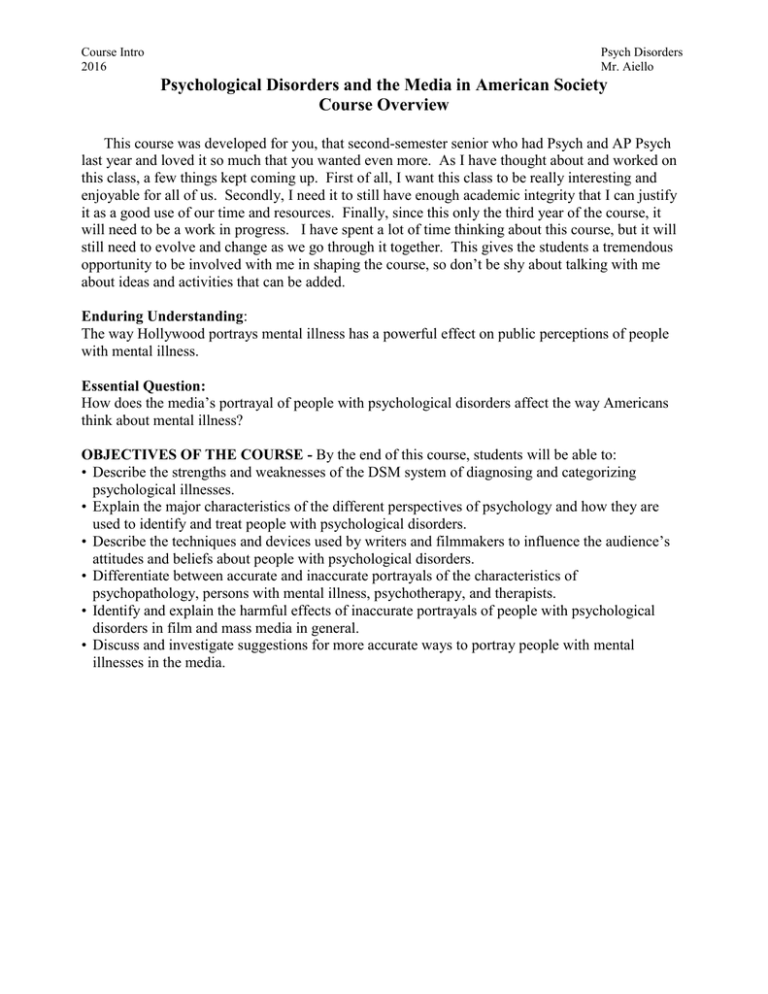
Course Intro 2016 Psych Disorders Mr. Aiello Psychological Disorders and the Media in American Society Course Overview This course was developed for you, that second-semester senior who had Psych and AP Psych last year and loved it so much that you wanted even more. As I have thought about and worked on this class, a few things kept coming up. First of all, I want this class to be really interesting and enjoyable for all of us. Secondly, I need it to still have enough academic integrity that I can justify it as a good use of our time and resources. Finally, since this only the third year of the course, it will need to be a work in progress. I have spent a lot of time thinking about this course, but it will still need to evolve and change as we go through it together. This gives the students a tremendous opportunity to be involved with me in shaping the course, so don’t be shy about talking with me about ideas and activities that can be added. Enduring Understanding: The way Hollywood portrays mental illness has a powerful effect on public perceptions of people with mental illness. Essential Question: How does the media’s portrayal of people with psychological disorders affect the way Americans think about mental illness? OBJECTIVES OF THE COURSE - By the end of this course, students will be able to: • Describe the strengths and weaknesses of the DSM system of diagnosing and categorizing psychological illnesses. • Explain the major characteristics of the different perspectives of psychology and how they are used to identify and treat people with psychological disorders. • Describe the techniques and devices used by writers and filmmakers to influence the audience’s attitudes and beliefs about people with psychological disorders. • Differentiate between accurate and inaccurate portrayals of the characteristics of psychopathology, persons with mental illness, psychotherapy, and therapists. • Identify and explain the harmful effects of inaccurate portrayals of people with psychological disorders in film and mass media in general. • Discuss and investigate suggestions for more accurate ways to portray people with mental illnesses in the media. Course Intro 2016 Psych Disorders Mr. Aiello Major Units of Study: 1. The DSM System and Film Techniques and Anxiety Disorders 2. Somatoform and Dissociative Identity Disorder 3. Mood Disorders 4. Personality Disorders 5. Schizophrenias 6. Treatments and Therapies Textbooks: There is no textbook, but we will use sections of several sources, most prominently: Danny Wedding, Mary Ann Boyd, & Ryan Niemec, Movies and Mental Illness 3 Skip Young, Psychology at the Movies Martin Seligman, Elaine Walker & David Rosenhan, Abnormal Psychology Otto Wahl, Media Madness, Public Images of Mental Illness Assessments and Homework: Each unit will have at least one significant assessment or assignment that will give the students an opportunity to show what they have learned. There will be at least two traditional tests (multiple choice and free response), at least two film analysis papers, and each unit will have essential questions. In addition there will be at least two group presentations, regular reading assignments from textbooks, monographs, and articles, and lots of discussions!


